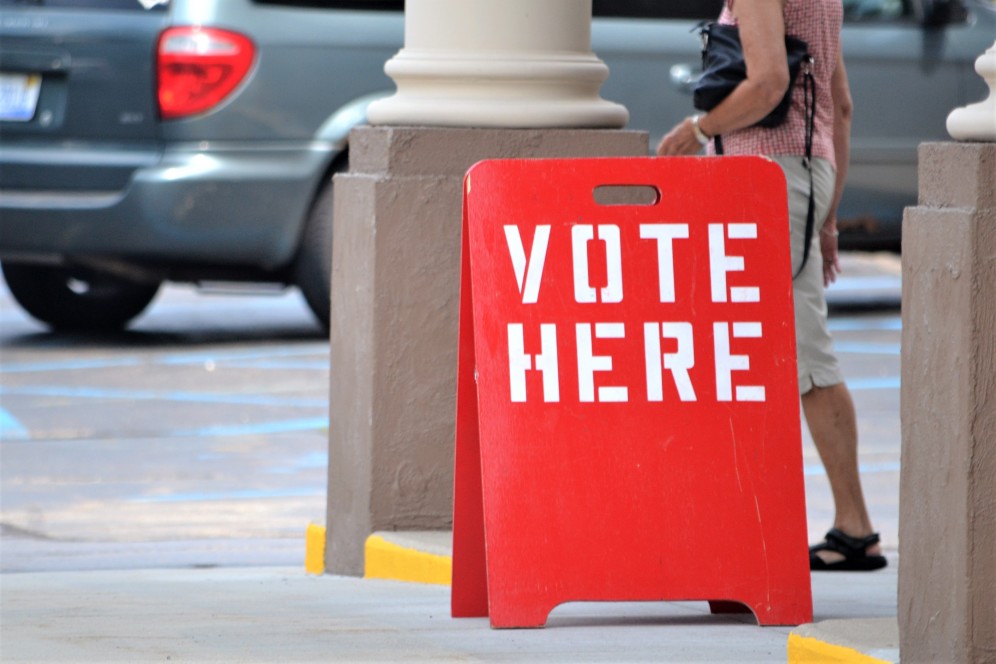by Hubert Marleau, Market Economist, Palos Management
The S&P 500 ended the week at 3484 almost exactly where it started, gaining only 0.2%. The market could have easily reacted more negatively in the latter part of the week than it did. There was a spike in Covid-19 cases around the world including the U.S., two Covid-19 trials--one for a vaccine (JNJ) and one for a drug treatment (LLY) were paused for safety reasons, jobless claims unexpectedly rose, consumer sentiment manifested some near-term concerns and industrial production logged a big downside miss in September. For all intents and purposes, equities coasted out of what felt like a frustrating episode. Perhaps the big beat on retail sales and PFE’s public announcement saved the day. PFE said it could be ready to apply for emergency-use authorization of its Covid-19 vaccine by late November, assuming it receives positive efficacy and safety data from late-stage human trials. It was the first leading Western vaccine developer to provide a specific timeline.
Interestingly, not much happened in the other markets either. Commodity prices, including gold, lumber and copper, government bond yields and the dollar has hardly budged. There is a good reason why the markets have turned directionless.
The market realized that when it comes to the fiscal stimulus, the chances of a comprehensive $2.0tn package making it through the legislative process before the election are now near-zero. Munchin delivered the news at the Milken Institute: “At this point getting something done before the election and executing on that would be difficult, just given the level of details.” Moreover, Mitch McConnell does not want either proposals--“Pelosi’s or Trump’s”. He flatly said: “That’s not what I’m going to put on the floor.” The amount he judges to be appropriate is $500 billion.
Thus, Pelosi may simply want to wait Trump and McConnell out, hoping to win the Senate and keep the House. Control of Congress means the difference between substantial fiscal expansion and fiscal gridlock. It's perhaps a worthy strategy. But it is still a risky gamble on her part. Why?
The odds of a “Blue Wave” on election day are lower than they were two weeks ago. They've declined from 68% to 57% and there has been strange Option activity along with weird bets against the reflation trade, which support the changing odds. The reading on the overall election outcome is not totally clear. Seventy-four of the big money managers polled by Barron’s believe that the GOPs will maintain the Senate by the skin of their teeth. This is based on the notion that in order to gain control of the Senate, political parties must reach beyond their electoral strongholds. Presently, the median State is several points more Republican than the median U.S. voter. Outside the West Coast and Northeast, the Democrats have had a hard time in the past years to win Senate seats.
What Does It Mean For Investors?
On the one hand, there is a general belief that a large relief package would help keep equities as the golden child and direct money flows to where there is higher perceived value. On the other hand, a growing body of pundits is arguing that additional fiscal measures suggested by Pelosi and Trump may not be necessary. They opined that it would not take much convincing to release into the spending stream the record amounts of accumulated household savings, if virus infections were to recede, or the huge stockpile of accrued Treasury deposits at the Fed, if it doesn't. It technically means that the economic expansion will continue either way because the velocity of money supply will rise or its mass will.
Despite all the uncertainties concerning the path of the recovery, the eventual making of a government and a pivotal vaccine, Barron’s latest survey of money managers says they’re bullish on the prospects for stocks in 2021. Fifty-four percent of respondents to It’s Big Money poll said they were bullish, 33% neutral and only 13% describe themselves as bearish. Generally, the Big Money managers are sanguine about the long-term outlook and view equities as the most attractive asset class (64%), far ahead of those who favour gold (11%), fixed income (7%), real estate (7%), cash (7%) and commodities (4%). More than half of the respondents expect U.S. equities to generate returns of 6% to 10% on average over the next 10 years.
Copyright © Palos Management













